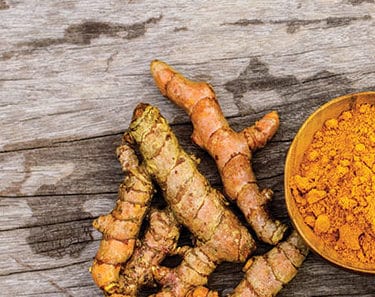According to Mintel, food and antioxidant ingredients are increasingly crossing over into haircare products, creating some emerging trends to watch out for.
“Formulating haircare with food ingredients will appeal to those looking for more natural, often organic-certified beauty products,” says Mintel’s global haircare analyst Andrew McDougall in a recent blog.
He believes that as younger consumers demand more transparency about what’s in their beauty and personal care products, many are also linking what they eat to their appearance, and brands should strengthen this perception by highlighting the use of trending food ingredients linked to better hair and skin, and championing their specific benefits.
With anti-pollution a growing concern in this area, haircare has followed in the footsteps of skincare and brands are creating products that help remove and repel pollutants, using antioxidant-rich botanicals such as purifying moringa and Indian Lotus Flower, which is used to create a protective barrier on the hair.
McDougall also flags up the antioxidant kakadu plum as a future ingredient of choice. Found in Australia, it is one of the highest sources of vitamin C.
Turmeric – the worship of which shows no signs of waning – is another haircare hero, able to cleanse the scalp and hair of toxins caused by pollution as well as being a natural exfoliator.
“Brands can use turmeric hair products to soothe the scalp, moisturize and remove dead cells regularly to protect the skin layers. It will remove unwanted material from the skin, so it can help regulate scalp condition by treating excessively dry or oily skin,” says McDougall. “Turmeric can also be used to help prevent hair loss, as it keeps the scalp healthier and helps to prevent hair fall thanks to its active chemical curcumin.”
Another trending food that can be used for its anti-pollution effect is pink salt, which can exfoliate the scalp to help combat dandruff, while giving texture to the hair and absorbing excess oil.











